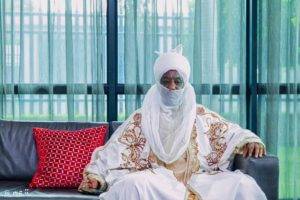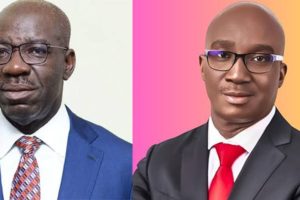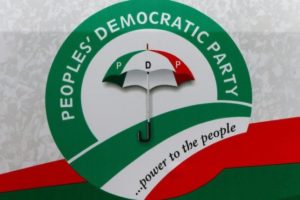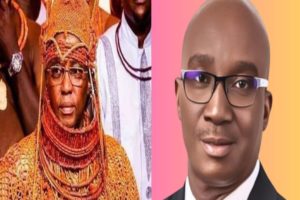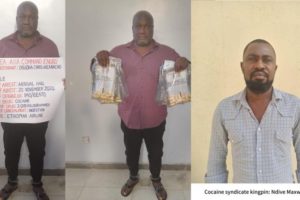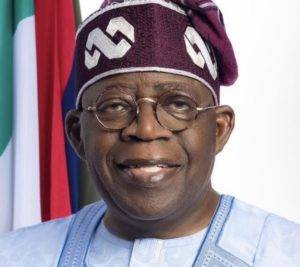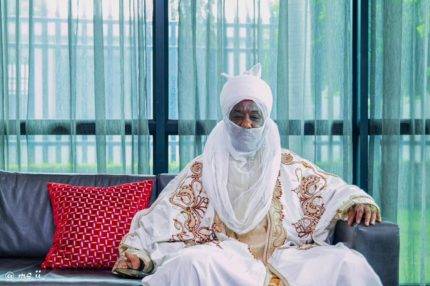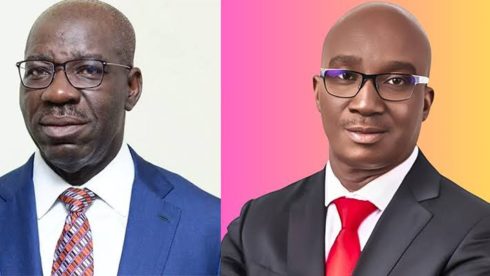On Tuesday, 27th February 2024, President Bola Ahmed Tinubu, GCFR, announced the introduction of the Expatriate Employment Levy (EEL) to regulate the employment of expatriates in Nigeria. However, just weeks after its announcement, the Federal Ministry of Interior has decided to suspend the implementation of the levy, citing the need for further consultations with stakeholders. This decision was communicated through a press statement jointly released by the Nigerian Association of Chambers of Commerce, Industry, Mines, and Agriculture (NACCIMA) and other significant partners.
In the press statement, it was revealed that discussions with the Minister of Industry, Trade, and Investment, as well as the Minister of Interior, led to the following resolutions. Firstly, the implementation of the Expatriate Employment Levy will be paused to allow for more extensive consultations with NACCIMA and other stakeholders. Secondly, a joint committee comprising members of relevant ministries, NACCIMA, and other stakeholders will be established to review the EEL policy. Lastly, the rollout of the EEL, as initially proposed, will be deferred in line with the resolutions made during the discussions.
This suspension comes as welcome news for businesses and expatriates operating in Nigeria. It demonstrates a willingness on the part of the government to listen to feedback and engage in collaborative decision-making processes. The formation of a joint committee to review the EEL policy indicates a commitment to ensuring that any levy introduced serves the interests of both businesses and expatriates, thus fostering a conducive environment for investment and employment in the country.
Trade and Investment Outreach Yields Results
The suspension follows a successful Trade and Investment outreach led by President Bola Ahmed Tinubu in Qatar, culminating in a productive meeting involving key stakeholders. President Tinubu’s diplomatic efforts led to a fruitful dialogue with Minister of Industry, Trade and Investment, Doris Aniete, and Minister of Interior, Olubunmi Tunji-Ojo. The meeting convened representatives from various sectors, including the President of the Petroleum Technology Association, the President of the Special Economic Zones Association, and the Director General of the Nigerian Turkiye Business Council, among others. This collaborative effort underscores the importance of inclusive decision-making in shaping economic policies.
Implications of the Suspension Expatriate Employment Levy policy
The decision to suspend the implementation of the Expatriate Employment Levy has significant implications for various stakeholders. For businesses operating in Nigeria, especially those employing expatriates, the suspension provides a reprieve from potential financial burdens associated with the levy. It allows them more time to engage with policymakers and contribute to the review process, ensuring that their concerns and suggestions are adequately considered.
Similarly, for expatriates working in Nigeria, the suspension of the levy signals a more inclusive approach to policymaking by the government. It acknowledges the valuable contributions made by expatriates to the country’s economy and affords them the opportunity to participate in shaping regulations that directly affect them. This collaborative effort between the government, businesses, and expatriates reflects a commitment to fostering a conducive and mutually beneficial environment for all parties involved.
Future Outlook of prospects and challenges Expatriate Employment Levy policy
The decision to suspend the implementation of the Expatriate Employment Levy and initiate a review process reflects a positive outlook for policymaking in Nigeria. It demonstrates a willingness on the part of the government to adopt a flexible and consultative approach, taking into account the diverse needs and perspectives of stakeholders. Moving forward, the establishment of a joint committee to review the EEL policy presents an opportunity for constructive dialogue and consensus-building, ultimately leading to the development of more effective and equitable regulations. Overall, this development bodes well for the business environment in Nigeria and signals a commitment to fostering sustainable growth and development
Table of Contents
Discover more from OGM News NG
Subscribe to get the latest posts sent to your email.

